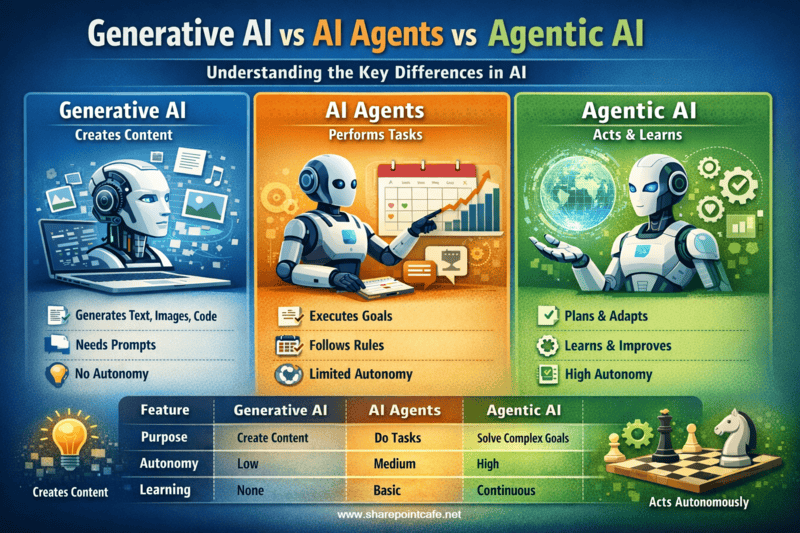In the ever-expanding realm of cloud computing, two giants stand out: Microsoft Azure and Amazon Web Services (AWS). Both offer a plethora of services and solutions, making it challenging for businesses to choose between them. In this article, we’ll delve into a detailed comparison of Azure and AWS across various aspects to help you make an informed decision.

- Market Share and Popularity – AWS currently holds the largest market share in the cloud services industry, but Azure is quickly gaining ground, especially among enterprises familiar with Microsoft products.
- Service Offerings – Both Azure and AWS provide a wide range of services, including computing, storage, databases, networking, AI, IoT, and more. However, the specific offerings and pricing models may vary between the two platforms.
- Pricing Structure – While Azure and AWS both offer pay-as-you-go pricing models, it’s essential to compare the pricing of specific services based on your usage patterns and requirements to determine which platform offers the best value for your money.
- Global Infrastructure – AWS boasts a larger global infrastructure with more data centers spread across various regions worldwide compared to Azure. This might be a crucial factor for businesses requiring extensive geographical coverage.
- Ease of Use – Azure provides seamless integration with Microsoft’s suite of products and services, making it an attractive option for organizations already invested in the Microsoft ecosystem. AWS, on the other hand, offers a more extensive range of third-party integrations and tools.
- Security and Compliance – Both Azure and AWS adhere to stringent security standards and compliance certifications, ensuring the protection of sensitive data and regulatory compliance. However, the specific security features and compliance offerings may vary between the two platforms.
- Scalability and Performance – Both Azure and AWS offer scalable infrastructure and high-performance computing capabilities, allowing businesses to handle fluctuations in demand and deliver optimal performance for their applications and workloads.
- Support and Documentation – AWS is known for its extensive documentation and robust support options, including forums, knowledge bases, and premium support plans. Azure also provides comprehensive documentation and support but may have fewer resources compared to AWS.
- Community and Ecosystem – AWS boasts a vast community of developers, architects, and businesses leveraging its services, resulting in a rich ecosystem of third-party tools, libraries, and integrations. Azure’s community is growing rapidly but may not be as extensive as AWS’s ecosystem.
- Future Outlook and Innovation – Both Azure and AWS continue to innovate and release new features and services to meet the evolving needs of businesses and developers. Keeping an eye on each platform’s roadmap and future developments can help businesses anticipate upcoming enhancements and features.
Summary –
In conclusion, the choice between Azure and AWS ultimately depends on your specific requirements, preferences, and existing infrastructure. Whether you prioritize ease of use, pricing, scalability, or ecosystem support, conducting a thorough comparison based on the factors mentioned above will enable you to make an informed decision that aligns with your business goals and objectives.




Leave a Reply